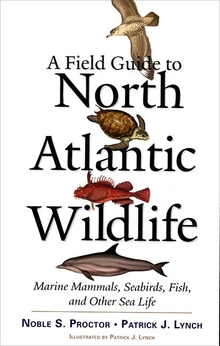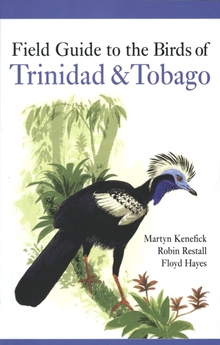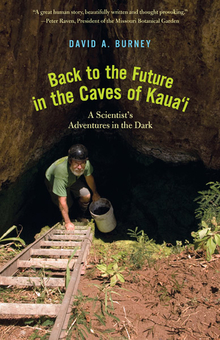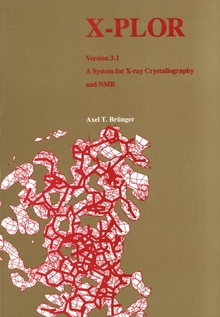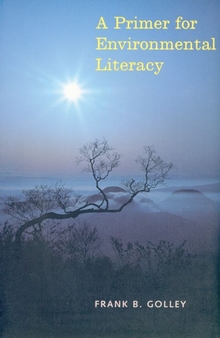A History of the Ecosystem Concept in Ecology
WARNING
You are viewing an older version of the Yalebooks website. Please visit out new website with more updated information and a better user experience: https://www.yalebooks.com
More than the Sum of the Parts
Frank B. Golley
Out of Print
Golley surveys the development of the ecosystem concept in the late nineteenth and early twentieth centuries and discusses the coining of the term ecosystem by the English ecologist Sir Arthur George Tansley in 1935. He then reviews how the American ecologist Raymond Lindeman applied the concept to a small lake in Minnesota and showed how the biota and the environment of the lake interacted through the exchange of energy. Golley describes how a seminal textbook on ecology written by Eugene P. Odum helped to popularize the ecosystem concept and how numerous other scientists investigated its principles and published their results. He relates how ecosystem studies dominated ecology in the 1960s and became a key element of the International Biological Program biome studies in the United States—a program aimed at "the betterment of mankind" specifically through conservation, human genetics, and improvements in the use of natural resources; how a study of watershed ecosystems in Hubbard Brook, New Hampshire, blazed new paths in ecosystem research by defining the limits of the system in a natural way; and how current research uses the ecosystem concept. Throughout Golley shows how the ecosystem concept has been shaped internationally by both developments in other disciplines and by personalities and politics.
"This quintessentially American science story of the development of a central concept in ecology is presented with great clarity and scholarship. As an account of a concept fundamental to human existence and aspiration this book is for all humanity."—Dr. Thomas E. Lovejoy, Assistant Secretary for External Affairs, Smithsonian Institution
"This book is a significant addition to the meager literature on the history of ecology, both because of the subject matter and because of the thoughtful and knowledgeable treatment by Golley."—Emily W. B. Russell, Rutgers University
"Golley's historical account is fascinating and effective. . . . He provides us with a historical perspective and guidelines to make future research more effective."—Clyde E. Goulden, Science
"The book's strength is its detached evaluation of researchers and some of ecology's largest research programmes. Readers will find an excellent account of how crucial ideas developed and will ponder how much a lifetime's work can accomplish. . . . [Golley] makes a compelling case for the need for the comparative data that only large [research] teams can provide. Ecosystem ecology for too long has operated in a dream world with few hypotheses and even fewer data. The clear lessons from this book are that for ecosystems we will win neither the hypotheses nor the data easily."—Stuart L. Pimm, Nature
"A personal, insightful, and scholarly history, tracing the idea of ecosystems. . . . An excellent and highly readable book."—L.B. Slobodkin, Trends in Ecology and Evolution
"An excellent discussion of the similarities and differences among the views of many twentieth century ecologists."—Frank T. Kuserk, Science Books and Films
"The book will be of obvious interest to ecosystem ecologists, but the book is also a quick and useful history for those not trained at institutions with ecosystem programs."—Ecology
"This is an important addition to recent books on the history of ecology. . . . Golley's viewpoint is valuable in providing considerable depth of analysis, particularly in relation to the International Biological Program. . . . In addition to ecological history, it provides much information on the relationship between the U.S. government and the sponsorship and funding of scientific research during much of the post-World War II period."—Nancy Slack, Journal of the History of Biology
"This is a book of exceptional interest written by one of the champions of ecology. For someone who worked through the heady days of the International Biological Programme thirty years ago, each chapter pumps adrenaline and speeds the fingers to the pile of reprint request cards. For those fresh to the cause, it is a must—a launch pad for any research career in ecology. Most fascinating of all, I found, are the notes tot he chapter, full of hindsight and crammed with questions still waiting to be answered. My advice is to read them again before tackling the last chapter which overflows with new challenges. I wish I were a post-graduate student again."—David Bellamy, New Science
Publication Date: December 29, 1993


